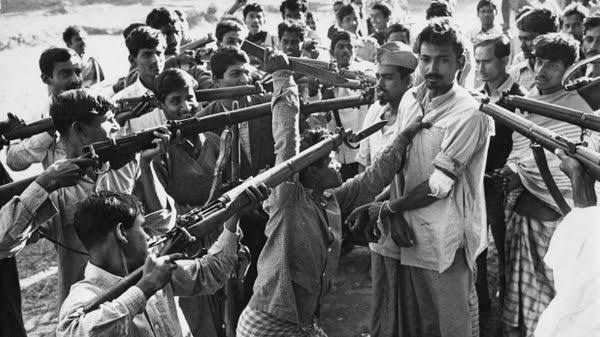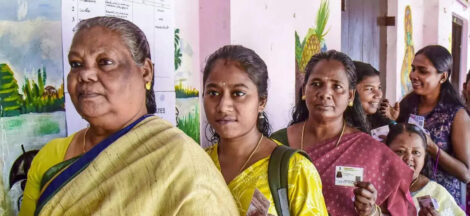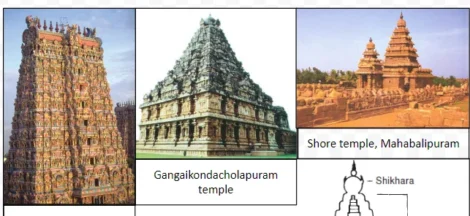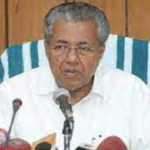By Ashis Biswas
Long nurtured international prejudices die hard, if at all: However, the unrelenting Bangladeshi diplomatic initiative of recent years, seeking global condemnation of the Pak –sponsored mass slaughter of innocent Bengali civilian population during the 1971 freedom struggle, is beginning to pay off at last. The liberation fighters of the eastern part of Pakistan declared independence from Pakistan on March 26, 1971.
For once, most Bangladeshis feel vindicated by an admission about that under-reported massacre made by former Netherlands Minister Mr Harry Van Bommel, a leading anti-globalist socialist crusader to boot, with a significant following in the EU countries.
Mr Bommel unreservedly supported Dhaka’s demand to record the mass killing of unarmed Bengalis by Pak troops as an act of ‘genocide’. Even more encouraging was his assertion that it may not take the world community 100 years to recognize the Pak military’s role in the genocide. He reminded Bangladeshis that it had taken over a century for the international community to condemn the Turkish attack against Armenia back in 1920s, as genocide.
Mr Bommel was participating with other representatives/HR campaigners from EU countries in an officially organised conference in Dhaka with the brutal 1971 massacres as the main theme.
Bangladesh has been struggling for decades to make Pakistan officially apologise for its policies in the seventies and to rekindle world attention to the extent of horrors unleashed on an unsuspecting civilian population by a brutal, rampaging army.
Supported by fellow participants, Mr Bommel promised to campaign harder on the sensitive issue in the EU countries when he returned home.
Dhaka-based analysts said this reveals a growing division among the ranks of the EU countries/US regarding sub continental political impact the of 70-71 Pak civil war. Two major South Asian countries went to war. The US and the then USSR, threatened to intervene, reviving the spectre of World War III.
India’s economy and governance were threatened as US-backed Pakistani rulers showed no signs of accommodating the demands of the Bengali Muslims of the eastern part of Pakistan.
Even after Bangladesh emerged as an independent country, most Western nations did not recognize it, let alone help the devastated Eastern territory with minimal material assistance! Their hostility continued right up to 1974 when the Bangladeshis faced a major famine! The latter were punished for having broken up and weakening Pakistan, a tested long term friend of the US and W. Europe in their struggle against the USSR!
In 2023 however, there is little doubt that the voice of Bangladesh is being heard in different international fora with greater attention than before, but the real explanation from Dhaka’s point of view, could at best be cynical than otherwise.
Perceptions changing in the West may not necessarily signify a new exalted ethics being pursued by the policymakers. Many Bangladeshis believe that their views are taken more seriously these days only because of the economic progress made by their country in recent decades. The contrast between the economic performance of Bangladesh with miserable track record of their former Pakistani masters could not be more acute. ‘Whether in international relations or personal matters, money talks’ is a socially accepted view expressed in Bangladeshi mass media articles.
Prospects for a Pak-Bangladesh reconciliation have not been helped by the consistent refusal of Islamabad, even as it strives for better relations with its former eastern province, to issue a formal apology that the ruling Awami League (AI) insists on. Prime Minister Sheikh Hasina has also stood firm on this, not least because almost her entire family was wiped out in 1975 by a an army coup engineered by pro-Pak elements of the new Bangladesh army.
The Mujib-killers had promptly initiated steps to repair and resume the damaged political ties with the Western wing, again supported by the US.
Naturally, In Bangladesh there is little doubt among common people that Pakistan would never have stuck to its stubborn refusal to say sorry unless the US was encouraging it not to yield to any AL demand. Most American politicians regardless of affiliations are wary of the ruling AL which they feel is aggressively nationalistic. This is in contrast with the more amenable — from a Western point of view — opposition led by the BNP.
The US was the only major country that materially and morally supported the Pak crackdown in Bangladesh, while condemning the Bengali freedom movement as secessionist. Pakistan was a firm western ally. Therefore it could not be weakened or broken up, in American calculations. The fact that India and the erstwhile USSR actively supported the Bangladeshi movement for freedom only hardened US antagonism against the agitation in the East.
Having failed decisively to protect Pakistan, it has not been uncommon to see Western leaders continuing the old pro-Pak policy by allowing political asylum and money to discredited dictators and other political scum rejected by common people in Pakistan or Bangladesh, for ‘services’ they had rendered in the past!
So deep was the distrust and hatred of former US President Nixon and his Chief international adviser Henry Kissinger about the agitation in Bangladesh, that they urged upon the then American envoy to East Pakistan, Mr. Archer Blood, not to involve himself too much with what was happening on the ground! Blood’s ‘crime’ was that he was filing daily reports about the mass killings to Washington, reminiscent of Lord Wavell’s dire warnings about the Bengal famine of 1940s, to London!
Mr. Bommel, according to Dhaka-based accounts, taking note that over 70 years had passed since the massacre, actually suggested that US pressure was at work on most Western countries, choosing not to pull up Pakistan for its actions.
Pakistan has so far expressed a general regret for the 1970-71 incidents. Bangladeshis did not consider this an adequate expression of an apology.
In their recent references to the issue, most western powers have broadly echoed the US-Pak line, expressing a token regret and a request to Bangladesh to move on!
This is not to suggest that the swell of condemnation has not become stronger over the years even in the West, over the engineered silence on the struggle of the Bengalis. In part, the resounding failure if successive Pak rulers to put their own house in order and end their support to Islamic terrorism, have also led the US and EU countries to question more closely the so-called preference for Pakistan. The determined efforts by Mr. Blood and analyses prepared by subsequent US scholars/researchers dealing with Bangladesh, have led to stronger domestic condemnation for the pro-dictatorship line taken by the then US administration.
However, while Mr Bommel’s views were welcome, Dhaka policymakers are not exactly overwhelmed by his support. There is no feeling as yet that the West as a whole would condemn Pakistan in stronger terms and describe the mass Bangladeshi slaughter as ‘genocide’. At best, it is a sign that things are changing for the better diplomatically for Bangladesh.
For a relatively a young country like Bangladesh at a time of worldwide torment, that in itself is no mean achievement. (IPA Service)




 Kerala LDF Govt Makes Big Developmental Strides
Kerala LDF Govt Makes Big Developmental Strides 